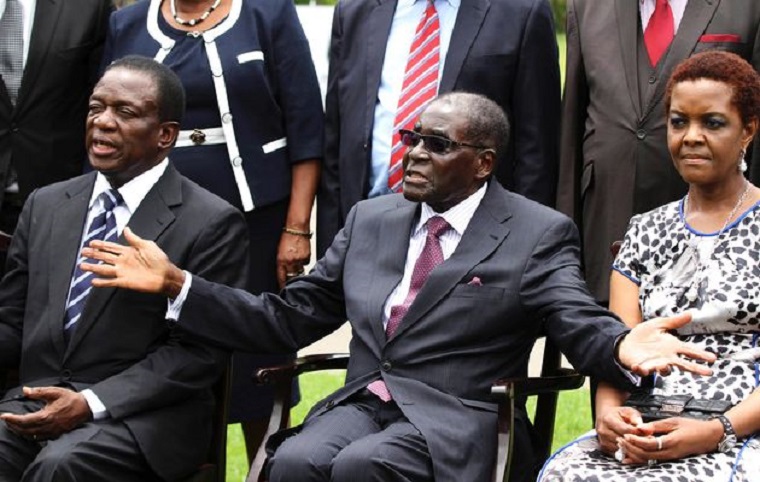 With the passing of Robert Mugabe, Zimbabwe is finally moving away from the shadow of his 37-year reign.
With the passing of Robert Mugabe, Zimbabwe is finally moving away from the shadow of his 37-year reign.
His successor President Emmerson Mnangagwa has made reforms his priority since he took over in 2017 to take the country’s economy and political structures into the 21st century.
Much has been made of Mnangagwa’s ties with his predecessor Mugabe – the two were compatriots in the liberation war against the racist Rhodesian regime of Ian Smith.
Mugabe even saved Mnangagwa from execution, according to the book Two Weeks in November by Douglas Rogers.
Mnangagwa later served under Mugabe in an independent Zimbabwe, finally becoming Vice President in 2014.
As the founding father of Zimbabwe and the man who empowered the black majority – especially the rural poor and women – through education, access to land and health care, Mugabe was widely respected across the continent.
As he is laid to rest, this is what Zimbabweans and Africans remember him for.
He always was a defiant leader, a trait Mugabe maintained until the very end.
But while his early contributions to his country and the continent are undeniable, Mugabe lost his way in the mid-90s, perhaps following the death of his first wife Sally, who is remembered fondly and was popularly known as “Amai” (mother) in Zimbabwe.
Mugabe’s marriage to his former secretary Grace – who is nicknamed “Gucci Grace” due to her exorbitant spending habits – set a shift in motion as well as the gradual decline of Zimbabwe, with the implementation of Mugabe’s controversial land reforms, which triggered the debilitating sanctions by the US and EU, unprecedented unemployment, corruption, and hyperinflation.
The situation culminated when Grace, 41 years Mugabe’s junior, began jockeying for power and positioned herself as his successor.
She surrounded herself with a cabal, the so-called Generation 40, that began to aggressively push her as Mugabe’s political heir, while denigrating the other leaders of the ruling ZANU-PF party who they deemed her potential rivals.
The aggressive tactics of intimidation by Grace Mugabe and her Generation 40 unnerved many in Zimbabwe, especially war veterans and senior leaders in government and the army.
They were forced to act when Grace’s cabal turned its attention to Mnangagwa, the First Vice President and senior most leader after President Mugabe.
Mnangagwa was found poisoned at an official lunch and survived only through emergency medical treatment.
After Grace publicly denounced Mnangagwa at several public rallies, Mugabe officially sacked his Vice President, who was forced to flee into exile in Mozambique and later South Africa following death threats.
At this point Zimbabwe’s army decisively intervened against Grace’s cabal.
Continued next page
(184 VIEWS)


